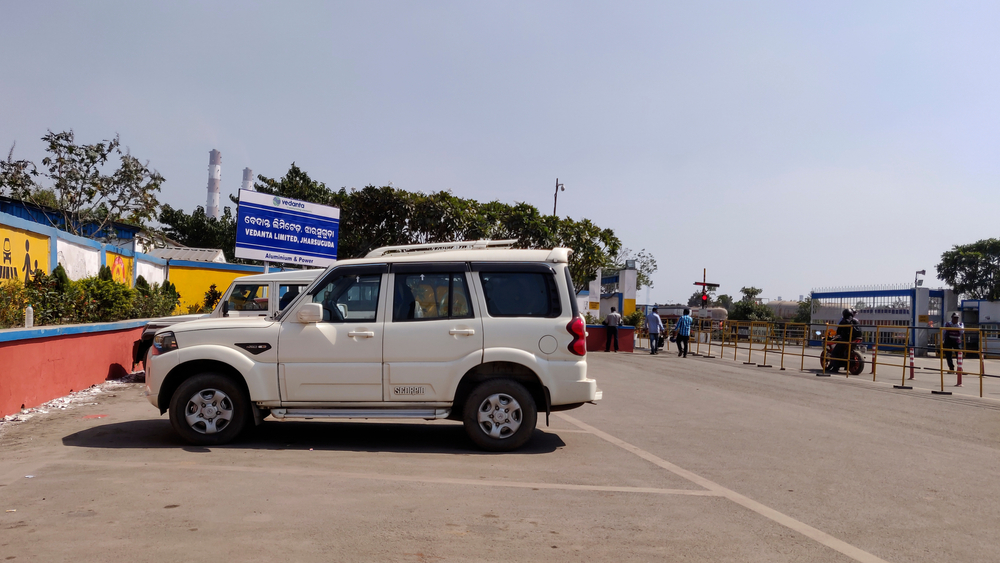Time is of the essence — especially when it comes to closely gauging the impact that the actions of governments and large corporations might have on the natural environment and the lives of ordinary people. That time, however, is set to be compromised when the proposed updates to the Environment Impact Assessment Act of 2006 — the law that governs how the dangers posed by large industrial projects to the environment should be assessed — are passed. According to these updates, the time allotted for the consultation and public-hearing process, during which objections to the project can be raised, will be cut down. The response time for those with objections will go down from 30 days to 20, and the existing 45 days allowed for the hearing will be brought down to 40.
There is little doubt that the updated version of the law, which is likely to be put in force in less than 60 days, will spell further doom for the nation’s biodiversity and marginalized populations, including tribal people and forest dwellers. The very reason for the existence of a law such as the EIA is the acknowledgement of the fact that big infrastructure projects are expected to have a negative impact on the environment and the lives of citizens. The fallout of such projects involves not just pollution of the air and the soil but also large-scale displacement and threats to the claims of tribal populations on their own land. As such, the time window for consultation and hearings allowed by the existing version of the EIA is of utmost importance — it protects the people’s right to not only be informed about industrial projects, but also to make decisions, as stakeholders, about their viability. (A significant example of tribal populations making their concerns regarding environmental degradation heard were the consecutive rejections by gram sabhas in Odisha of Vedanta’s bauxite mining project in the Niyamgiri hills.) The curtailing of this right to consultation will be yet another one in a line of recent steps taken to further weaken environmental safeguards. It is no secret that the environment is not a priority for the Centre — since 2014, it has, among other things, approved coal mining in the last of India’s pristine stretches of natural forest cover and diluted the Forest Rights Act which required the consent of gram sabhas for diverting forestland. In such a situation, fed by the avaricious belief that India’s natural resources are for plunder and profit, the change to the EIA will be another severe blow to the already meagre checks and balances in place — one from which the environment might not recover.











